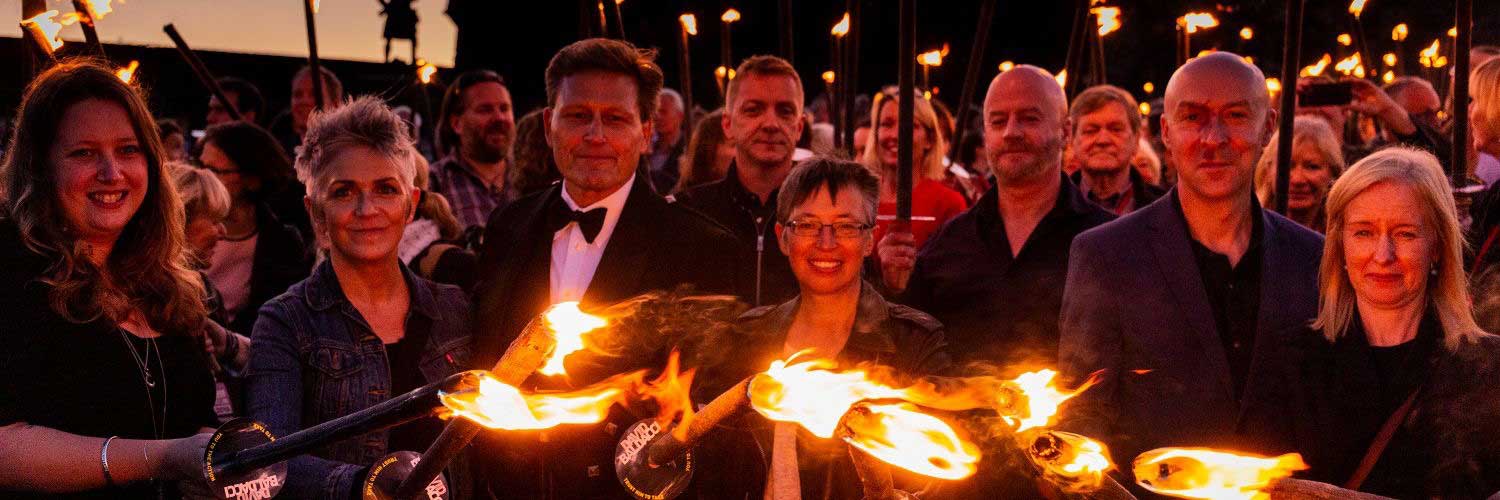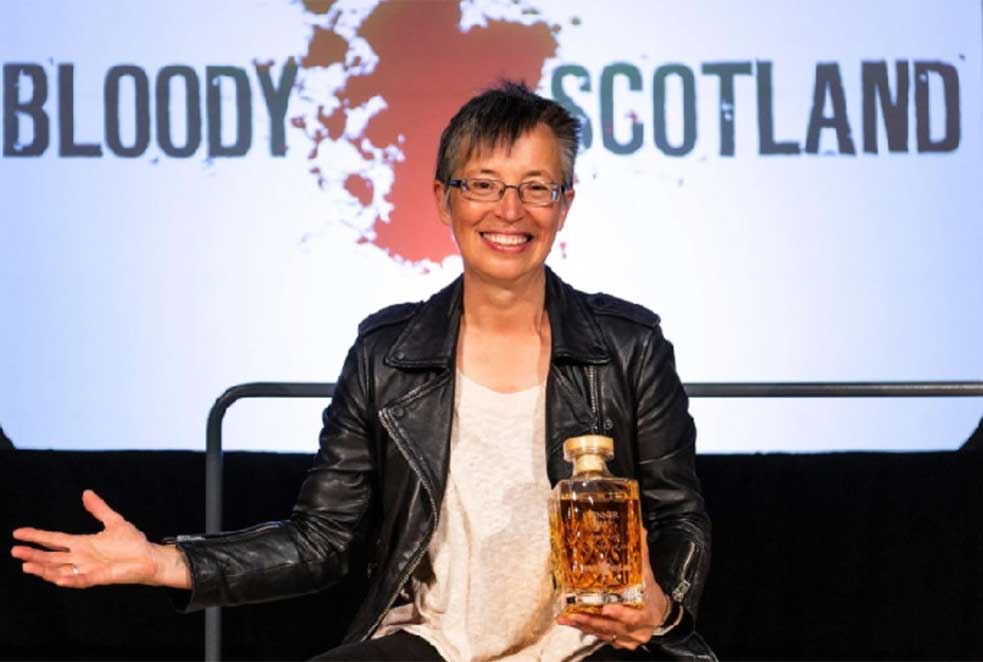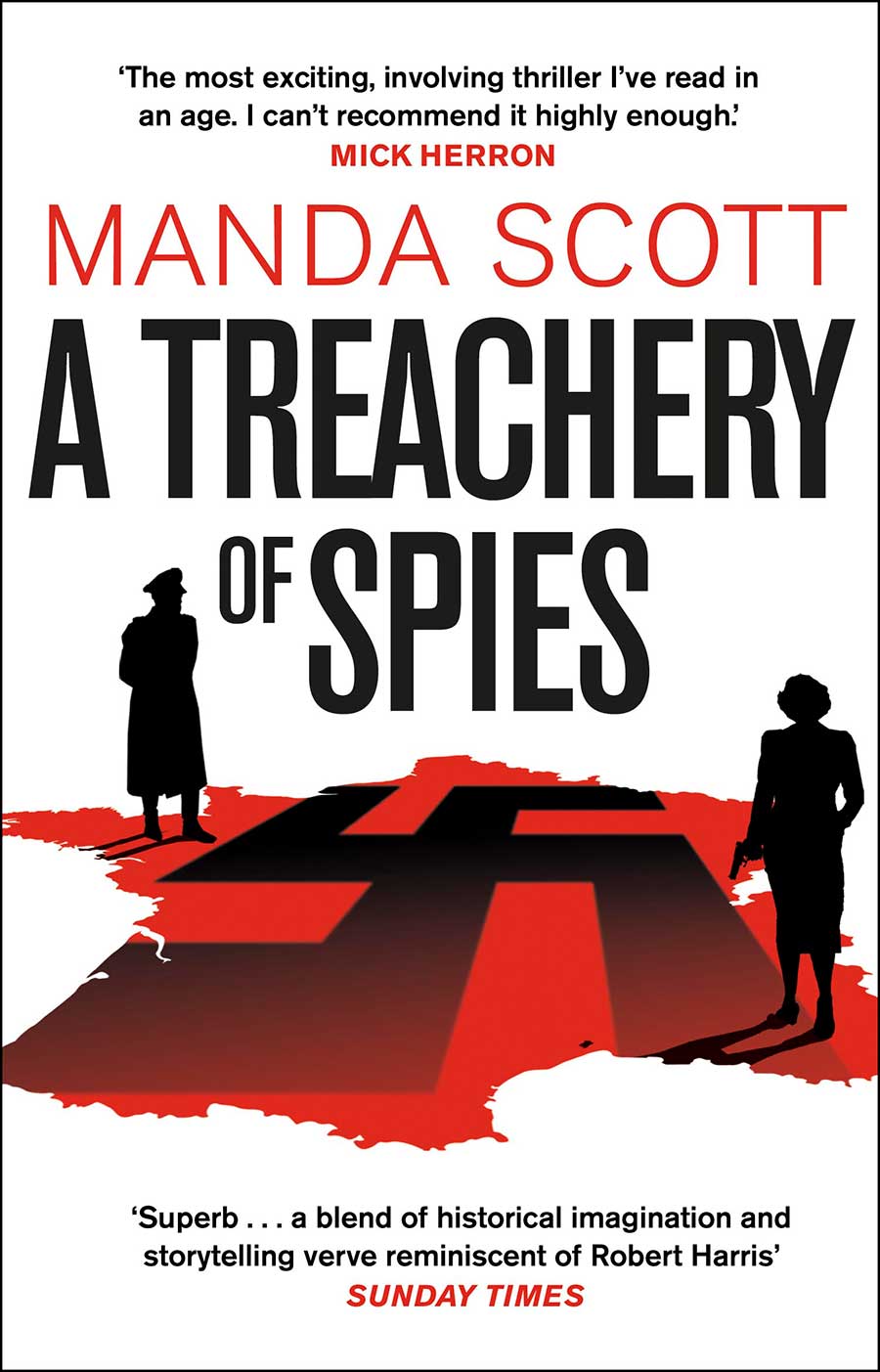THOUGHTS | DREAMS | ACTION

THOUGHTS | DREAMS | ACTION

On Prizes and what they Mean

Image Credit: Paul Reich
Stirling was beautiful last Friday night. The weather couldn’t have been better if the Bloody Scotland crime festival team had had a hotline to the weather gods themselves. Coming back home to Scotland combined with coming back home to a real, live crime writing festival made for a heady combination. It doesn’t count when the book’s published: it’s only real when there’s a dozen other fellow scribblers around and you can remember you’re part of a community. There were photographs ahead of the prize giving, which is wisely done: everyone’s smiling equally though generally speaking, there’s one person who’s smiling slightly broader because they don’t have that scintilla of doubt.
I speak from experience. Friday was the 6th time I’d been shortlisted for something, and I was an old hand at playing the game. The first few times I genuinely thought the prize giving was as surprising to the winner as to everyone else. By now, I can read the signs. If someone turns up with their editor, agent, publisher, partner, sister and a couple of other minor family members, then the fact that they contrive to look surprised and delighted at once when their name is called is down to good acting, not actual surprise. And the neatly delivered ‘off the cuff’ speech has had a decent amount of whittling, pruning and judicious editing for at least a week ahead of time.
Somewhere around the 4th iteration of this, I spotted the signs and relaxed. There’s something incredibly disappointing about almost-winning, as witness the row of slumped shoulders in front of me on Friday night, when four of the five finalists in the ‘Debut Crime Novel’ prize discovered it wasn’t them. The winner, I’m sure, deserved the accolades. But I’ve sat on judging panels and I know how close it is and how often the result turns on small things that have precious little to do with the quality of the writing. Building a shortlist has always, in my experience, been easy. Picking one from it, rarely so.
So we moved onto the McIlvanney Prize, there in a church on a beautiful Friday evening, and my mind wandered off the process at hand while the man with the microphone introduced the next man with the microphone who introduced the rather beautifully be-kilted celebrity author (David Baldacci – he does look exceedingly good in full Scottish dress). I was thinking of the climate actions round the world, and how bad I was feeling for not being at one, but glad that the various people with more fore-thought than me, had set one up for the Saturday of Bloody Scotland and…
Chris Brookmyre (urgently): ‘Manda.’
Me: …
Chris is a good man. He tugs a sleeve well.
And so I can confirm with absolute certainty that the McIlvanney Prize is probably the only one in the firmament (besides the ones that I organised which are probably different by now) that doesn’t tell the winners ahead of time.
And I can say also, with equal certainty, that if you’re ever going to win a prize, do it on home turf, in a big church-like space on a beautiful Friday evening surrounded by friends.
But… But I had no speech prepared because – see all of the above. And whereas it does, indeed, take a publishing house to birth a book, and I am absolutely enormously grateful to everyone who was part of this particular endeavour – and all of its predecessors, that didn’t seem enough. Because Friday was the day of climate action and in a fortnight, Extinction Rebellion will start the biggest civil action ever seen in this country and we’re starting a podcast, my partner and I, on how we can change in time to avoid the catastrophes lined up ahead of us, and I’d been listening to podcasts about exactly this, and planning things to say, and when I’d got past this ‘Is this a dream?’ check and decided it wasn’t, the next question was, ‘what matters most to say here, now, in this moment?’
What mattered most was that each of us makes the changes we need to make so that the world can be a different place, and the greatest of those, without question, is that we abandon the zero-sum competitive ‘I win, you lose’ behaviour that has brought us to here. Here is not necessarily a bad place. We are the most complex system the world has ever seen – we, humanity. If James Lovelock is right in his book, Novocene, we may be the most complex system in the cosmos. As far as we know, we are the pinnacle of consciousness. But we are also racing fast towards total species extinction, and that, too, is a first: the first time one member of one species could knowingly or not, wipe out the entirety of the rest of the species – and in our case, we’d almost certainly take a lot of others with us. In fact, we’re well on the way to doing so.
We need to move into a new way of doing things. The point about complex systems is that what emerges is utterly unpredictable in both its nature and its timing – but that doesn’t mean we don’t have to work to set the conditions from which the unexpectedly glorious might arise.
With all that in mind, therefore, I took a moment to check a) that this was a useful thing to do, b) that I had the courage, c) that there was a reasonable chance the organisers would go along with what I had in mind… and with all these in place, I said pretty much what I’ve just written above – and then invited my fellow shortlisted authors up on stage to share the prize.
Which is when the fun began. Because I hadn’t thought about this in any depth, I hadn’t really considered the ramifications. I just wanted to do what Greta Thunberg was saying in the US to the Senate – ‘it’s no longer good enough to be the best we can be. We need to be better.’ So this was my attempt at ‘better.’
The cheque, however, had already been written. Not too hard to rewrite four new ones, splitting it up. The press releases, though, were already out. New ones were sent, but looking at my Twitter feed, I’m not sure they landed. The procession was organised and we had a pipe band (oh, my wee Scottish heart. It’s a good sound. It makes me weep. When we make whatever phase shift we have to make, I sincerely hope there are pipe bands in our future) was waiting.

Image Credit: Paul Reich
And thus I began to discover that while it was perfectly possible to share the having of a prize, it’s a lot harder to share the winning of the prize.
My fellow authors (I love you all dearly) came to the front of the torchlit procession – and everything written above about pipe bands counts for those, too. As long as the weather’s always perfect – but they stayed a pace or two behind. And the interviewers from the papers seemed somewhat less interested in their opinions of having shared the win. Through the weekend, I don’t think they were quite showered with congratulations and come Monday morning, it was me in the hot seat at BBC Radio Scotland and everyone else had gone home. And all the way through, the words were ‘generous’ and ‘gracious’ which does magnificent things for my ego, but happens not to be true. I am not by heart either of these things. I am, though, as I endeavoured to tell the radio presenter, through the clouds of cognitive dissonance, really quite desperate that we make this coming change with grace and mutual generosity and if sharing a prize that – even shared – made my heart explode with pride, can make one shaved fraction of a percent of a difference in all of the sense-changes and being-changes we’re all going to have to make to get through this, then it will have been worth it.
And as a side note, I have no idea how I’d have been able to meet my fellow short-listers in the eye if I’d done anything different. That’s a bonus, mind you. And I expect it comes with practice.

Image Credit: Paul Reich

